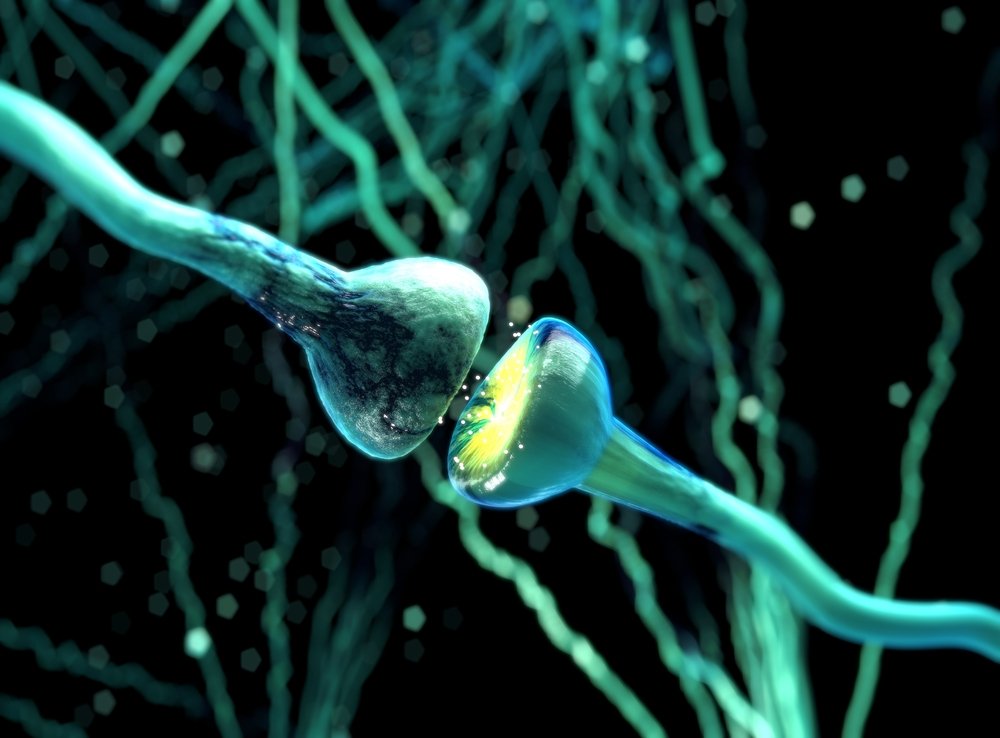Dietary Supplementation with Ketone Esters Significantly Reduced Seizures in Mouse Study
Written by |

Dietary supplementation with ketone esters significantly decreased the frequency of seizures and improved behavior, learning, memory, and overall function in a recent mouse study of Angelman syndrome.
The study, “Ketone ester supplementation attenuates seizure activity, and improves behavior and hippocampal synaptic plasticity in an Angelman syndrome mouse model,” was published in the journal Neurobiology of Disease.
Seizures are common in Angelman patients, with approximately 80 percent of all these patients being diagnosed with epilepsy.
The availability of effective anti-epileptic medications is limited, and the medications that do exist are known to have side effects that can alter cognition.
Dietary therapies have been seen to help overcome epilepsy in animal studies. The ketogenic diet — a high-fat, low-carbohydrate, moderate-protein diet — has been shown to be well-tolerated and successful in some Angelman patients. This diet is thought to be beneficial as it results in higher levels of blood ketones, which are byproducts generated when the body breaks down fat for energy when carbohydrate intake is low.
While it is not entirely known why ketones are beneficial, a number of hypotheses have suggested that ingesting ketones leads to a metabolic shift that results in increased inhibition of cell toxicity. This, in turn, leads to a dampening of overall neuron excitability and decreased seizure activity.
However, the ketogenic diet has led to some difficulties, particularly due to its strict adherence requirements, and to selective eating habits and weight issues reported in Angelman patients.
Researchers assessed the effectiveness of oral administration of ketone ester supplementation to mimic the effects of the ketogenic diet as an anticonvulsant. Additionally, the effects of this compound on behavioral and metabolic outcomes were analyzed.
Angelman syndrome mice were fed a ketone ester supplement — R,S1,3-butanediol acetoacetate diester (BD-AcAc2) — for eight weeks.
This supplementation lowered blood glucose levels, elevated blood ketones, and normalized body weight.
Although the treatment did not have an effect on general locomotor activity or anxiety, it led to an improvement in motor coordination, learning, and memory, and overall neurologic function in the animals.
Importantly, ketone ester supplementation reduced both audiogenic (sound-induced) and chemically-induced seizure activity in Angelman mice, likely due to significant changes in brain amino acid metabolism.
“The major findings of this study demonstrate ketosis induced by dietary KE administration, rather than strict adherence to a ketogenic diet, is anticonvulsant and improves motor function,” researchers wrote.
“KE supplementation in addition to a standard diet induces therapeutic ketosis in AS and may be a promising mitigation strategy for many of the devastating phenotypes of the disorder, including seizures, motor difficulties, and severe developmental delay,” they concluded.





